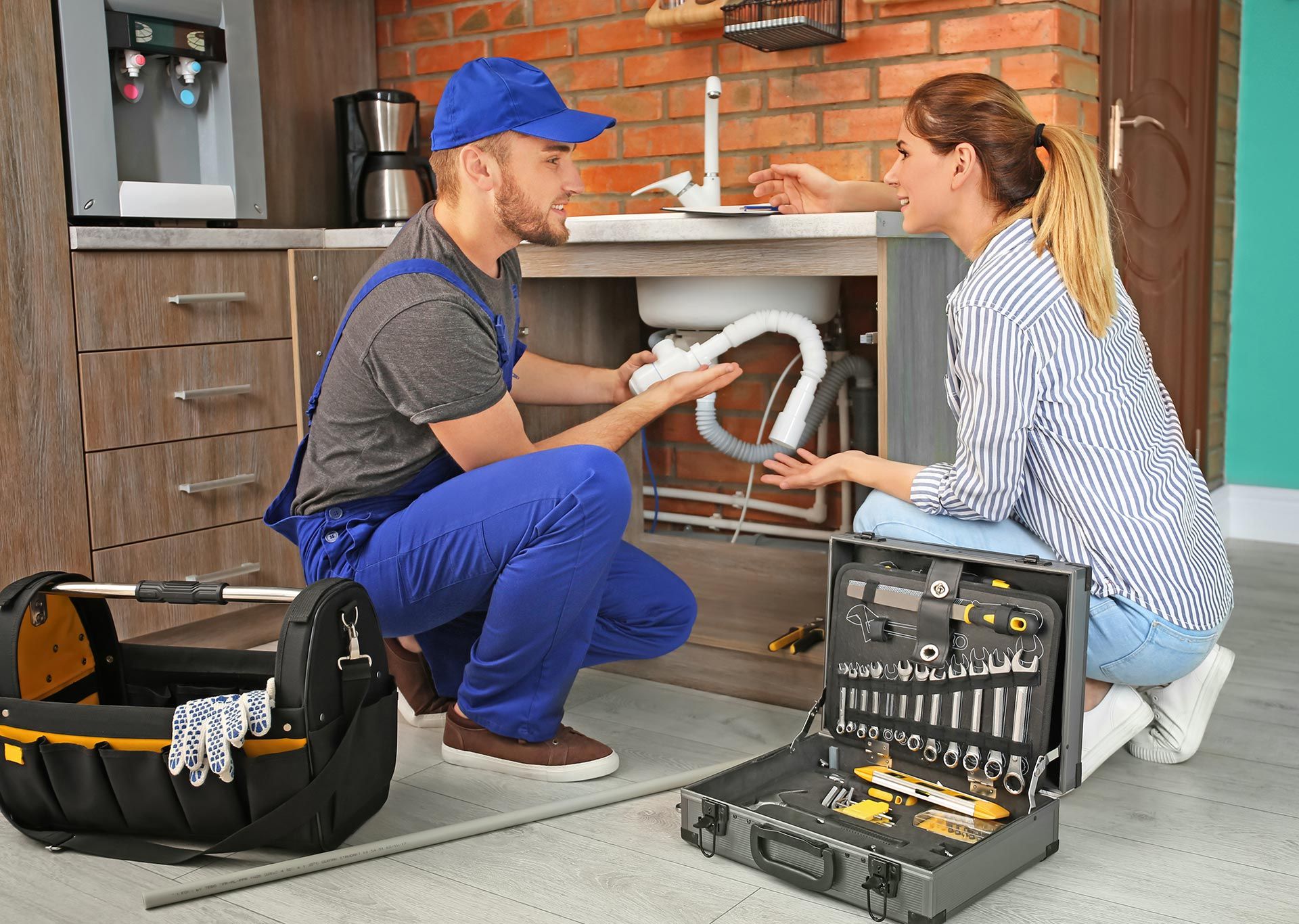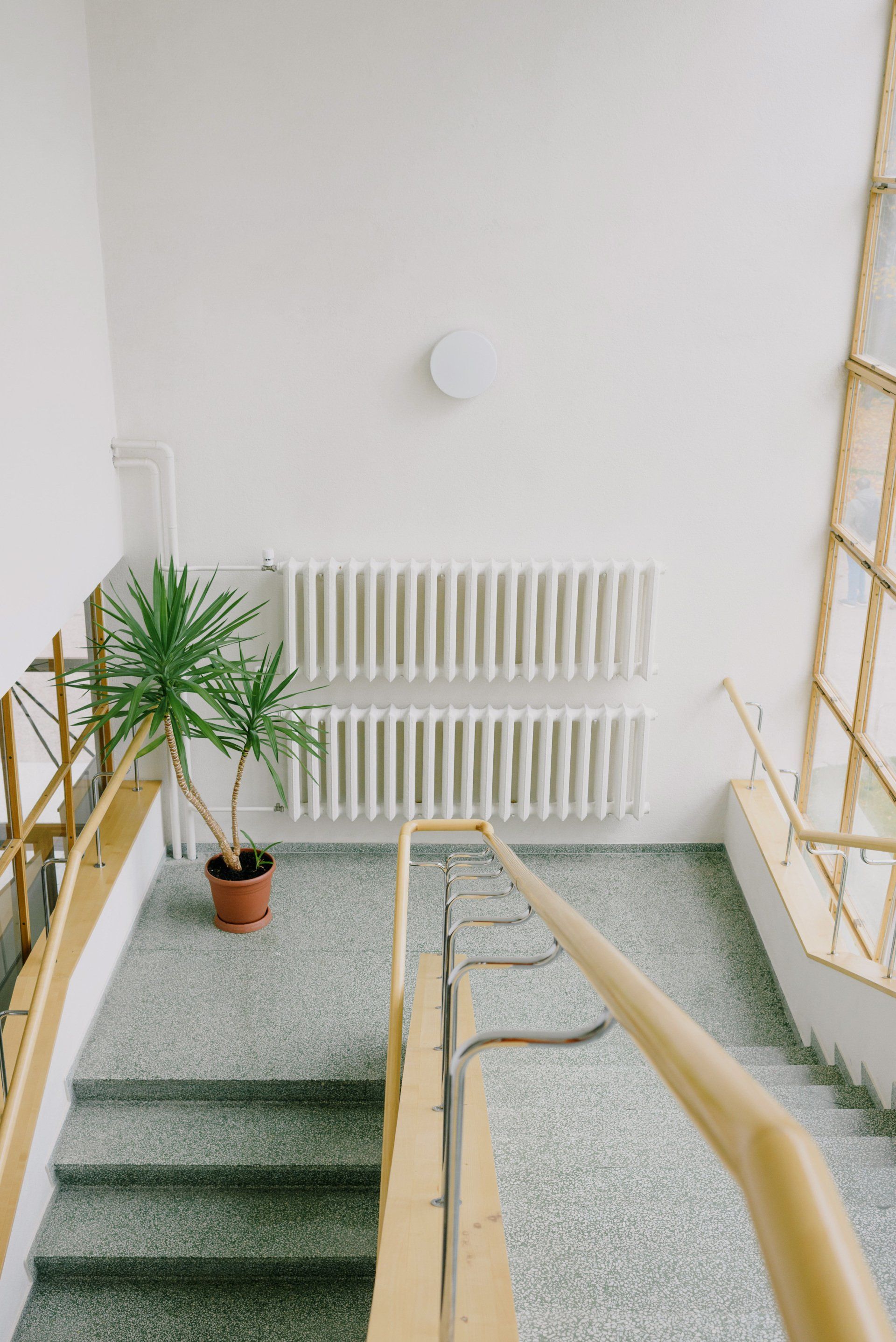Top 10 easy energy saving tips
With energy prices on the rise into 2023, today’s blog looks at simple measures you take in and around your home to save energy and keep more money in your pocket. Read on to find out more!
#1 Get the most from your radiators
Central heating bills are one of the highest energy costs that our customers face each month. With that in mind, it is essential that you get the most out of your radiators. We recommend to avoid covering radiators with furniture, towels and damp clothes, as this can increase energy demand on your boiler to maintain the temperature of your home. Not to mention, drying clothes on radiators can lead to condensation and nasty damp and mould issues!
Fitting TRV’s to your radiators will also reduce your energy consumption by up to 40% and give you greater control of the temperature in each room.
Over time air bubbles can fill your radiator, leading to cold spots. Regularly bleeding your radiators with a flat headed screwdriver or a special radiator key will keep the radiators filled with water making them heat more effectively.
Reducing the thermostat setting down to 21°C can reduce your energy costs by up to 5% with little noticeable impact on the comfort level in the home
#2 Use your boiler efficiently
Programming the boiler is another top energy saving tip to make sure that your heating is only on when you need it the most.
It is also a good idea to reduce the temperature at which you heat your water to, as this will lower the energy required from your boiler. Try dropping the water temperature down a degree or two and see if there is any noticeable difference. Play around wit the thermostat and go as low as reasonably possible, whilst still maintaining a comfortable temperature for washing and bathing.
#3 Invest in a boiler upgrade
Upgrading your boiler can be a very cost-effective long-term measure. New boilers run a lot more efficiently than boilers that are older than 10 years old and our customers report savings of up to £350 per year from switching an old boiler out for a modern one. In addition, it is essential to service your boiler annually to make sure that it is still operating efficiently and that it is safe for your home.
#4 Close vents and reduce drafts
Vents can cause cold air to enter your home which makes it harder to keep warm. Keeping window vents closed and using draft excluders is a great way to limit unwanted drafts. Just be careful to keep the vents open when you are drying clothes indoors, cooking, or showering, as this can lead to condensation.
A simple DIY measure to limit drafts is to apply a general-purpose sealant, with a sealant gun, internally around windows and doors. This will help to prevent heat loss and if you pick a neutral sealant colour, you won’t even know its there!
#5 Upgrade your windows
If your property still has old single glazed windows, then it could be time for an upgrade. Single glazed windows allow heat to escape much faster than properly sealed double-glazed units. It may be expensive in the short term, but over time these will pay for themselves and also increase the value of your home.
#6 Insulate the loft
Up to 30% of the heat loss in your home is via the loft. Hot air rises, so without a well insulated loft, you are literally allowing your heat (and money) to vanish into thin air. Plumbers Sheffield advise a minimum level of 300mm well laid insulation in the loft and don’t forget to insulate over the loft hatch, as gaps in the insulation will cause unwanted heat losses.
#7 Use a cold wash cycle
Your washing machine utilises energy to heat the water up to 40° and above. By keeping the wash cycle at 30° you limit the amount of electricity required to heat the water.
#8 Switch Off
Turning off switches is another easy energy saving tip. All too often, we see customers leaving chargers plugged in and switched on. This still uses energy, even if there is no device connected or if the device is fully charged. Turn off all switches to save money!
#9 Don’t fill the kettle
Filling the kettle to the top is waste of money and electricity, especially if you only need to make one cuppa. Try measuring out the volume of water you need beforehand and fill the kettle with just this amount so you aren’t paying to heat water that you don’t need!
#10 Turn off the oven
Try turning your oven off and keeping the door shut for the last 10 minutes of your desired cooking time. Your oven takes a long time to cool down, so even by turning it off, it will remain hot enough to cook your food for the last 10 minutes. Once you have finished cooking, try leaving the oven door open, so the excess heat can escape to provide heat into the rest of the home!
If you need further advice or help with any of the above, call Plumbers Sheffield today. Our experts will help you to improve the efficiency of your property, allowing you to save on your energy bills. Call us today to find out more!



